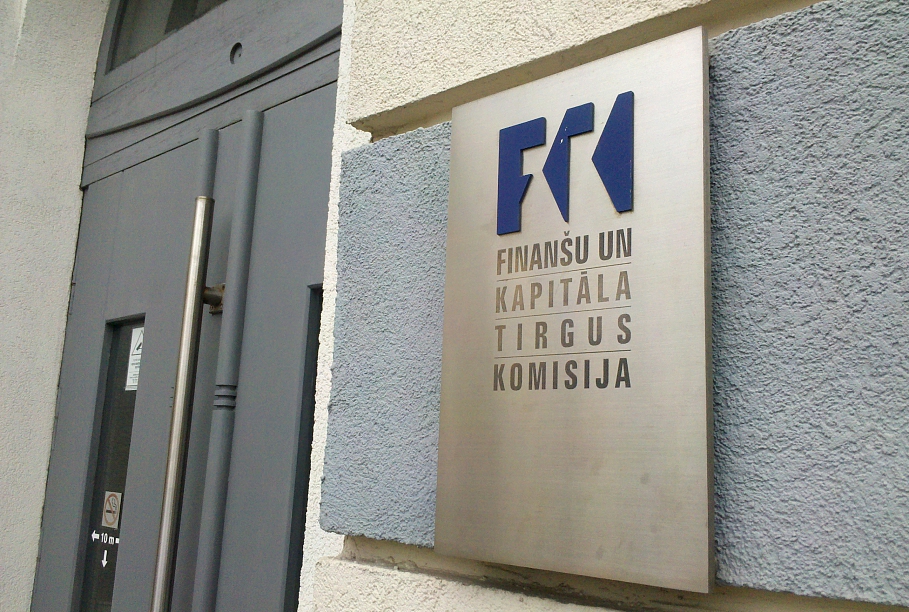Speaking of the [non-resident] banks' business plans, Upleja said all banks that had to revise their business plans had different approaches and strategies, as well as active dialog with FKTK. Each bank has a different time-frame in which to realign its operations away from risky non-resident deposits.
"Each bank has its own homework to do," added Upleja. To some banks, it means minor corrections to their business strategies, other banks may have to halt serving third-country clients, and yet other banks may have to change their business practices.
Upleja also said that the banks' ideas were viable. "There are different visions, viable ideas, which can also be seen in auditors' opinions of the banks' financial reports for 2017."
It is the banks' shareholders that have to decide whether to continue investing in the banks, given the banks' reduced business volumes and lower profits, added Upleja. No banks have said that they see no future for themselves, which may be partly explained by the fact that, to date, Latvian banks' profitability and return on investment have been among the highest in the entire eurozone, she said.
Nevertheless, with the non-resident sector set to shrink dramatically, it remains questionable whether there will be enough business to go around. You can read LSM's round-up of the remaining non-resident oriented banks HERE.
The ongoing liquidation of ABLV bank following U.S. allegations of money laundering on a massive scale has raised the possibility similar banks could also be hit. As a result the authorities are hurrying in new legislation designed to clean up a sector characterized by repeated money-laundering scandals over a decade.
































